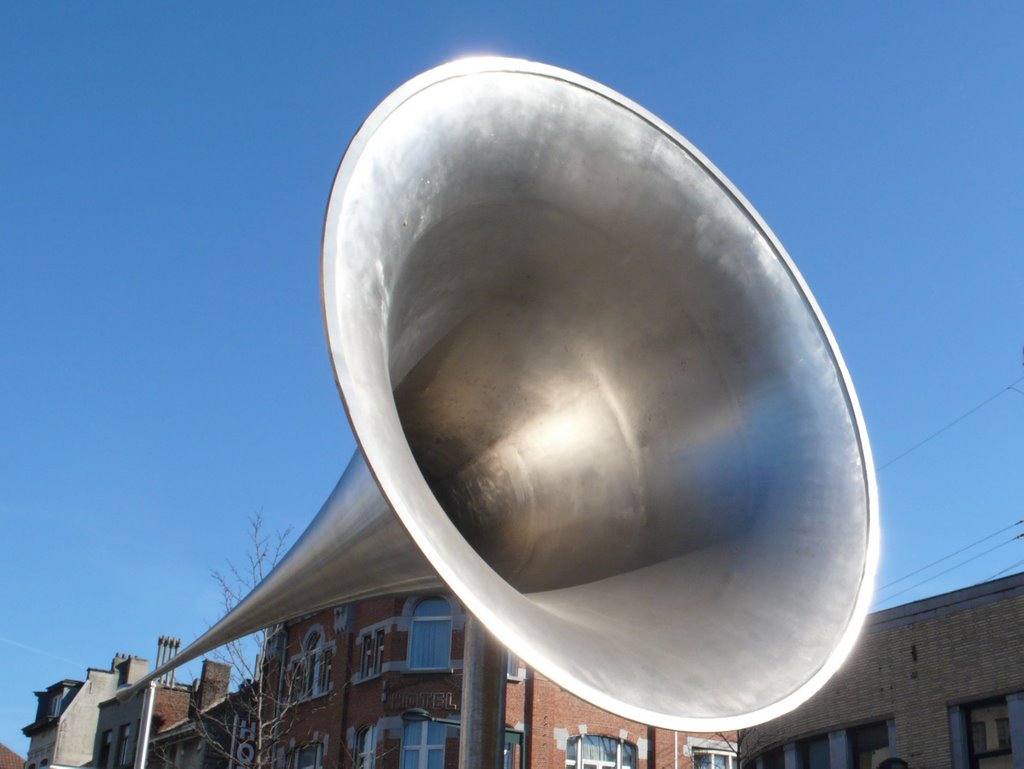
Take action: call on the EU food safety regulator to cut ties with the food industry
[The deadline to participate to EFSA's public consultation has now passed - still, don't hesitate to let EFSA know what you think of their independence policy @EFSA_EU]
This week, we can tell the EU regulator for food safety to cut its ties with the food industry. It’s a once in a five years opportunity. Can you help? It would only take 5 minutes.
The European Food Safety Authority (EFSA) is holding a public consultation on its draft new independence policy which closes this Friday 12 May. The current draft isn't good enough.
You can write to EFSA at interestmanagement@efsa.europa.eu - if you're in a hurry, there's a template email text you can use at the bottom of this page.
EFSA's draft continues to allow, under most conditions, experts receiving funding from the food industry (in particular research funding) to be appointed to the agency’s scientific panels. These are the panels that evaluate the toxicity of new food products (including pesticides, additives, GMOs etc.) before they’re put on the market.
We have been exposing and campaigning against EFSA’s controversial ties with the food industry and its poor independence policy for a long time. EFSA has been experiencing conflicts of interest scandals for years and the current draft policy isn’t good enough to make a difference.
Even the EU Parliament has strongly criticised EFSA’s weak draft for overhauling its guidelines.
Can you help us tell EFSA that they should stop working with experts funded by the food industry?
Before you write, EFSA has put in place strict rules for this consultation: your comments and name will be made public, and must be related to the content of the specific draft policy document to be taken into account.
At the very least, we want EFSA to respect the repeated demands of the European Parliament, that EFSA must
“incorporate into its new independence policy a two-year cooling-off period for all material interests related to the companies whose products are assessed by the Authority and to any organisations funded by them”.
This means that EFSA should not hire any expert who would have received money from any company whose products are evaluated by the agency for the past two years. Nor, importantly, any organisation receiving money from such companies (this is very important as industry’s lobbying on these matters is mainly done via third parties).
We would prefer the cooling off period to be five years. This demand should be made in relation to the section “3. A risk-based approach to prevent the occurrence of conflicts of interest” of the draft policy document.
The European Parliament has asked EFSA to do this for four years in a row, but EFSA is only reviewing its independence policy this year. It only does so every five years, so it is a rare opportunity for us to take action.
What is important is to insist that this rule has NO EXCEPTION and applies ACROSS THE BOARD. EFSA is trying to keep its existing loopholes open, by narrowing the scope of assessment to the specific topic experts are working on1 and keeping an exception for experts’ research funding, because, it says, independent experts are difficult to find, and industry is hiring the best ones.
We disagree, and so does the European Parliament which said it
“regrets that the Authority has not included research funding in the list of interests to be covered by the two-years cooling-off period, as the [Parliament] already identified in the latest discharge decisions; calls on the Authority to swiftly implement the measure in line with the [Parliament]'s repeated requests.”
Independence from the food industry should not be sacrificed by EFSA to its operational constraints. If an expert’s presence is important but this person is receiving money from industry, EFSA can always invite him/her to answer any questions it would have, without giving this person the right to write EFSA’s assessment. There are other serious problems at EFSA; but no longer hiring experts with conflicts of interest would be a good place to start.
Thanks a lot for your help - without public pressure, there will be little incentive for EFSA to change its bad habits.
***************************
Template email to use – please don’t hesitate to adapt it
Dear Madam or Sir
I am writing to submit a comment to your public consultation on your draft new independence policy.
In particular, on section “3. A risk-based approach to prevent the occurrence of conflicts of interest”.
In line with the European Parliament’s repeated requests on the matter, the cooling-off period should apply to “all material interests related to the companies whose products are assessed by the Authority and to any organisations funded by them”.
This cooling-off period should be of five years, and applied consistently and without exception. Narrowing its scope to only the specific topics discussed by the experts at stake, or leaving research funding out of it, as the draft policy document proposes, is not acceptable.
Kind regards
*********************
Picture: PASIONARIA / Porte-voix, Brussels - by Bernia
- 1. This is how EFSA describes and justifies this loophole: “In order not to go beyond what is necessary to ensure the actors’ impartiality, the Authority identifies CoIs related to activities that overlap with matters discussed in the relevant EFSA group(s) where the individual is serving or is expected to serve. In this way, the Authority ensures that this policy does not hinder the availability of expertise needed to accomplish EFSA’s duties in line with the principle of scientific excellence.”